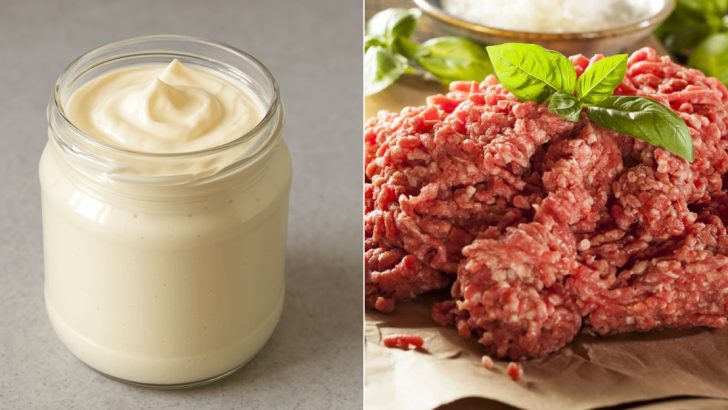Think your food lasts forever? Think again! These 18 sneaky snacks spoil faster than you can say “snack attack.”
One day is all they need to turn from tasty to tragic.
Better eat them quick before they throw in the towel or start growing a fuzzy surprise!
1. Sliced Watermelon
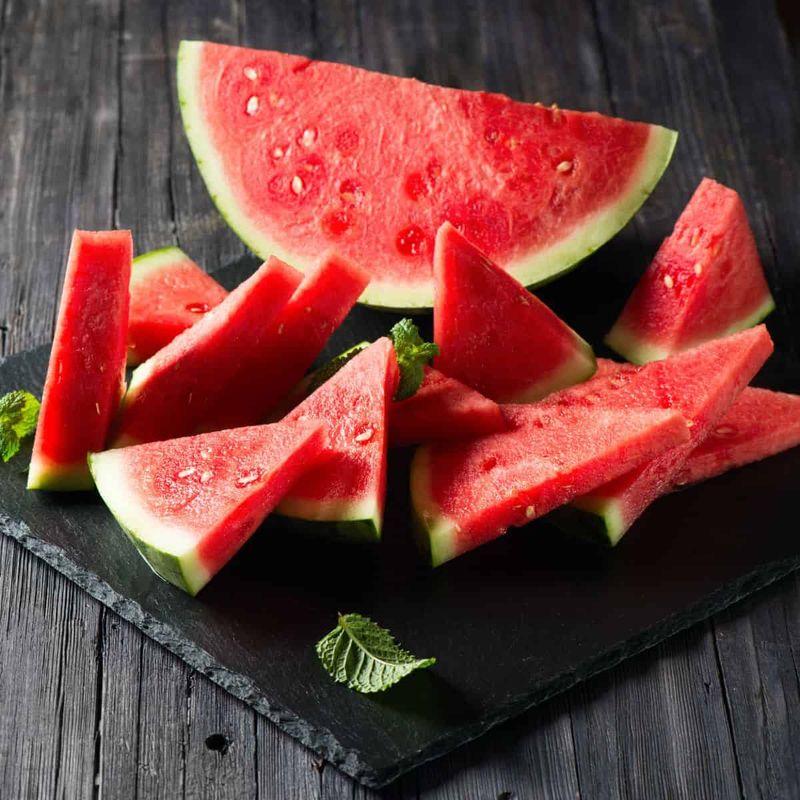
Cut watermelon transforms from refreshing summer treat to bacterial playground faster than you can say ‘picnic’! Once that protective rind is breached, bacteria dive right in.
Leaving sliced watermelon at room temperature? You’re basically hosting a microbe party. Store those juicy chunks in the refrigerator and consume within 24 hours for safety’s sake!
2. Cooked Rice
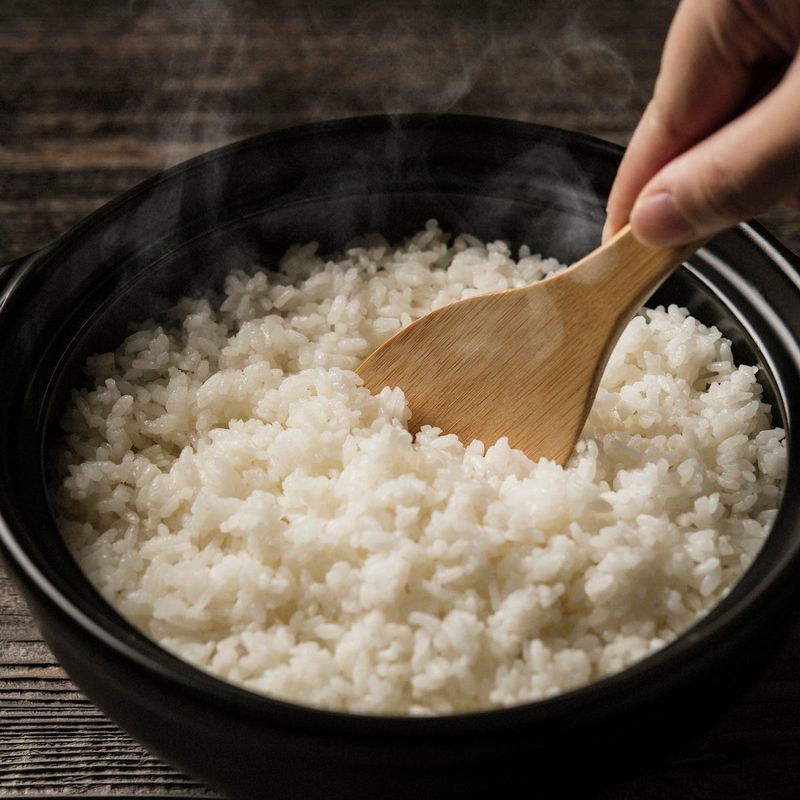
Who knew that innocent bowl of leftover rice could harbor such dangerous secrets? Bacillus cereus spores survive cooking and multiply rapidly at room temperature.
How quickly can rice turn toxic? Alarmingly fast! Even refrigerated rice should be consumed within a day. Unless you fancy a date with food poisoning, toss that day-old rice without a second thought.
3. Fresh Mushrooms
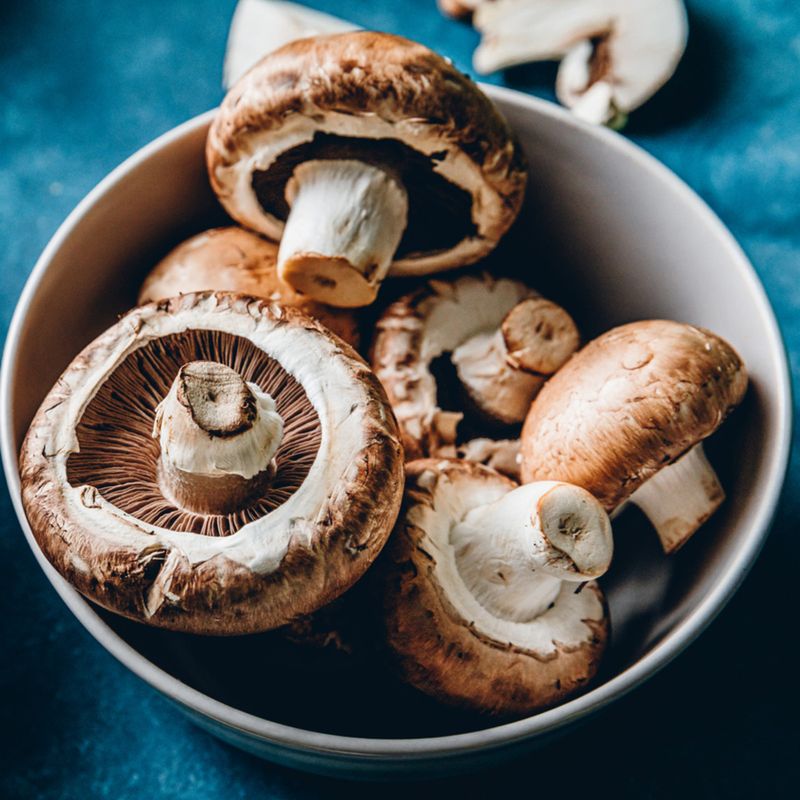
Though they’re already fungi themselves, mushrooms attract unwanted microbial companions with astonishing speed! Their high water content and porous structure make them perfect spoilage targets. Bought those fancy shiitakes yesterday?
Check them now – slimy texture, dark spots, or funky smell means they’ve turned. Store unwashed mushrooms in paper bags, never plastic, to extend their brief shelf life.
4. Homemade Mayonnaise
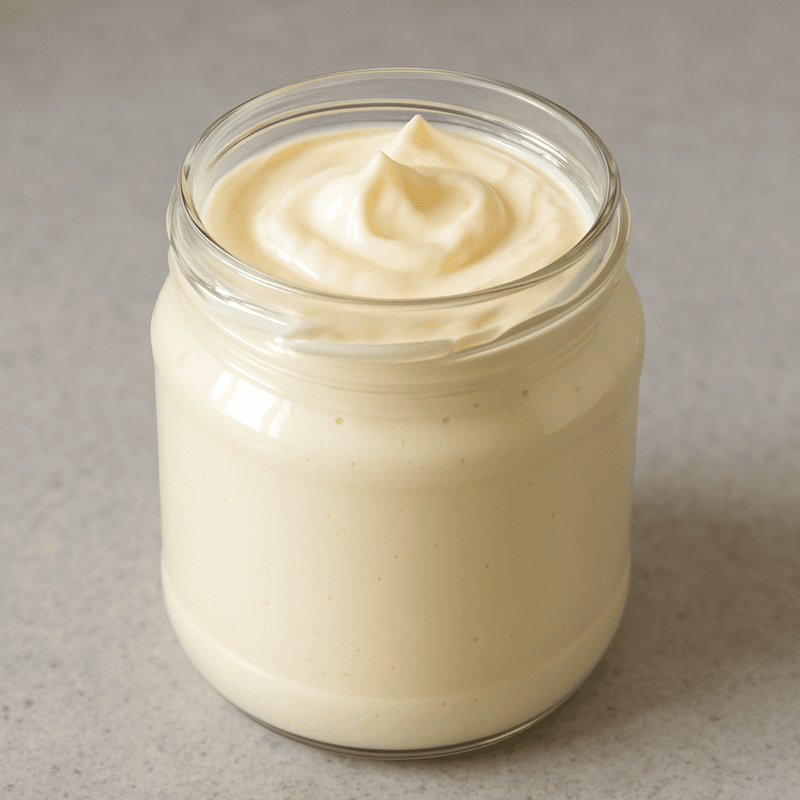
If you’ve whipped up mayo from scratch, congratulations on your culinary skills! Unfortunately, your creation has a ticking clock attached to it. Raw eggs in homemade mayonnaise create the perfect storm for salmonella growth. Without commercial preservatives, that creamy delight becomes dangerous after about 24 hours, even when refrigerated. Whip up small batches only when needed!
5. Bean Sprouts
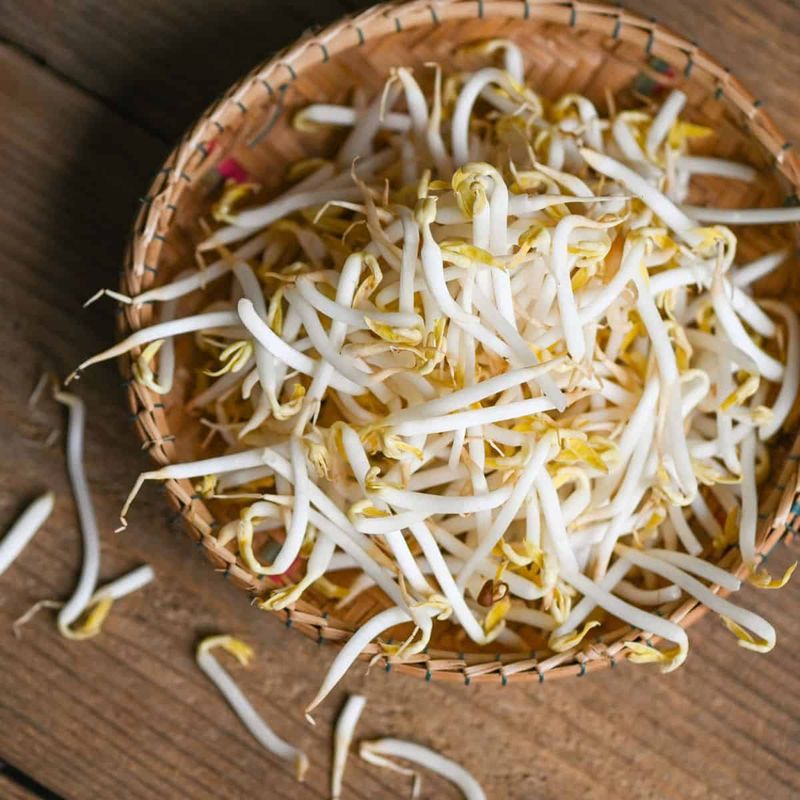
What if I told you those crunchy, healthy bean sprouts are among the most perishable items in your fridge? Their high moisture content and pre-germinated state make them bacterial magnets! Bean sprouts have been linked to numerous food poisoning outbreaks.
Within a day, they develop a musty odor and slimy coating. Keep them ice-cold and use them immediately for safety’s sake!
6. Fish Fillets

Fresh fish waits for no one! That beautiful salmon fillet starts deteriorating the moment it leaves the water. Enzymes and bacteria work double-time breaking down the delicate flesh.
Sniff test failing? Fishy odors intensify as hours pass, while the flesh becomes mushy and discolored. Even refrigerated fish should be cooked within 24 hours of purchase. When in doubt, throw it out!
7. Freshly Squeezed Juice

That Instagram-worthy glass of hand-squeezed orange juice turns from nutritional powerhouse to bacterial breeding ground alarmingly fast!
Without pasteurization or preservatives, nature takes its course. Freshly squeezed juices start fermenting within hours at room temperature. By day’s end, what began as vibrant and vitamin-packed becomes fizzy, off-tasting, and potentially harmful. Drink up quickly or freeze for later!
8. Soft Cheeses
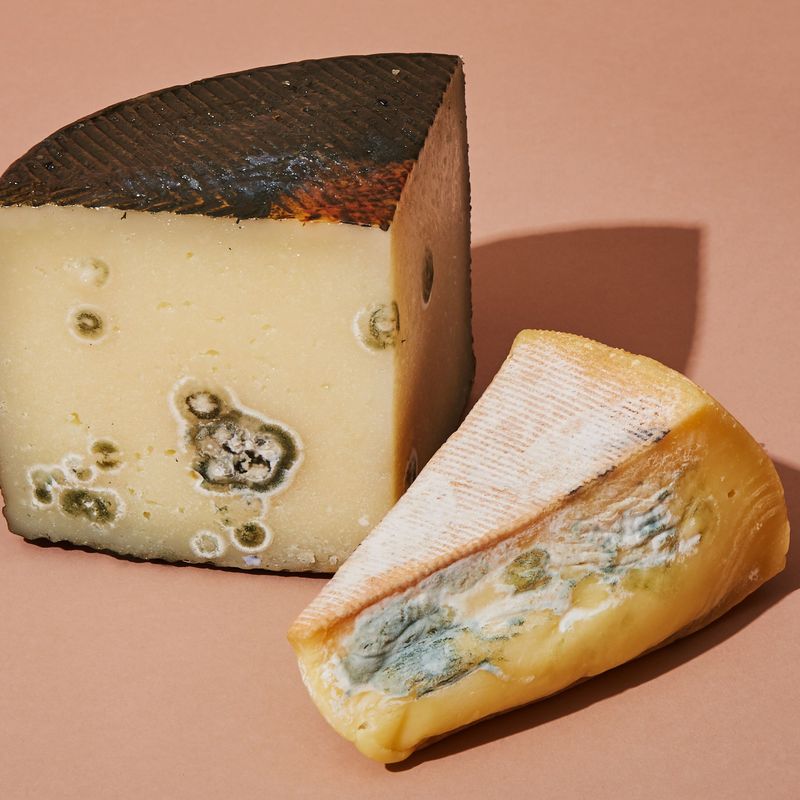
Brie, camembert, and other soft cheeses live fast and spoil young! Their high moisture content and relatively low acidity create perfect conditions for bacterial growth.
Ever wondered why that brie smells like ammonia suddenly? That’s protein breakdown in action! Once opened, soft cheeses deteriorate rapidly. Enjoy them quickly after purchasing, and always check for unusual smells or discoloration before indulging.
9. Leafy Green Salads
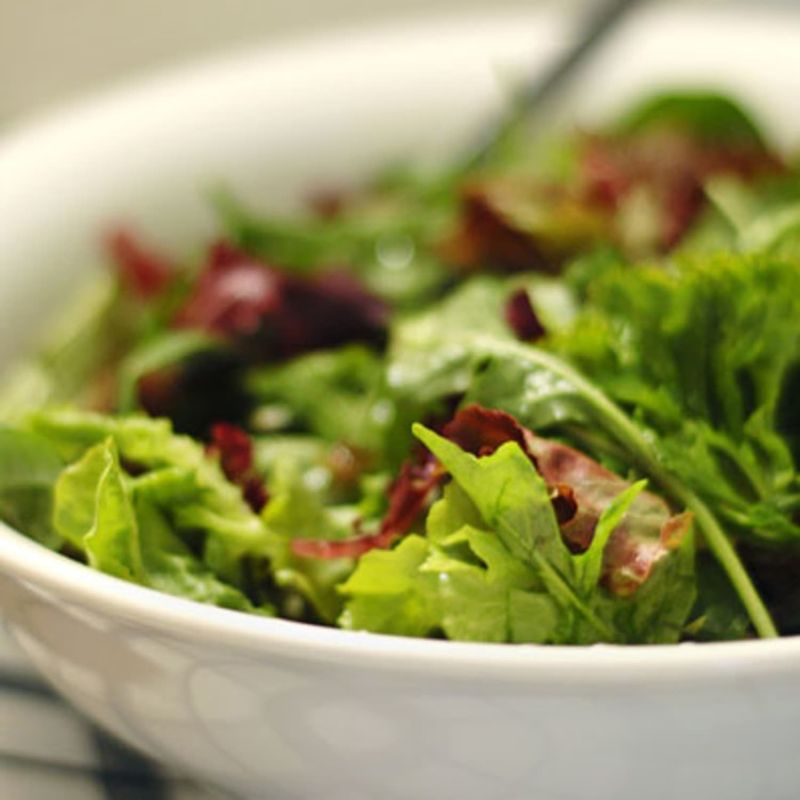
Those pre-washed mixed greens start their countdown timer the moment you open the package! Add dressing and you’ve accelerated spoilage exponentially.
Dressed salads wilt within hours as acids break down cell walls. Bacteria multiply rapidly in this moist environment. Yesterday’s Caesar salad? Better toss it before it tosses your stomach into turmoil! Share this warning with your salad-loving friends.
10. Ripe Avocados
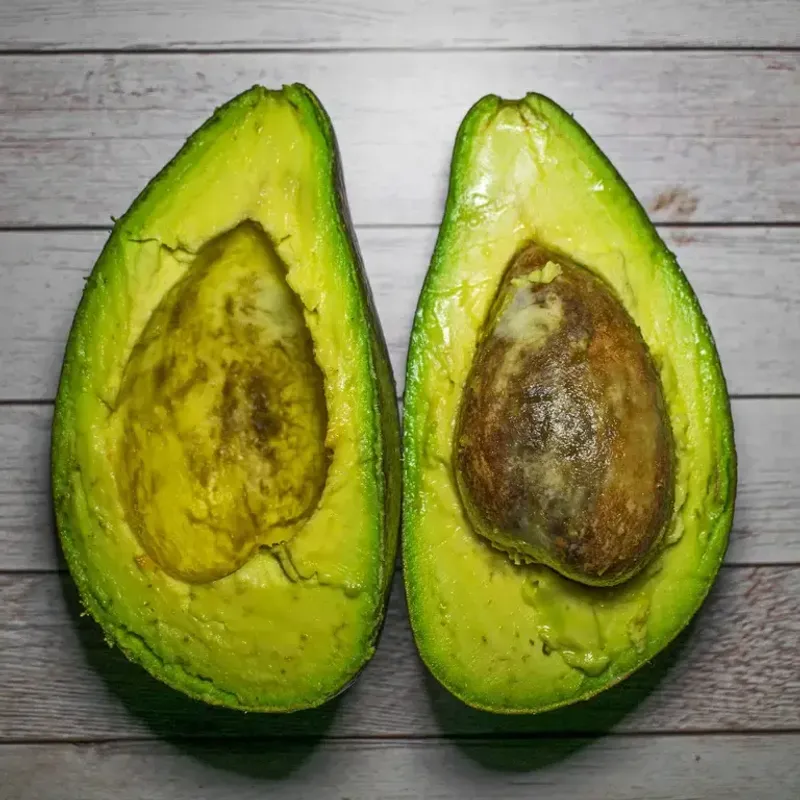
Finally found that perfectly ripe avocado? Clock’s ticking! Avocados contain enzymes that continue working after harvest, rapidly breaking down cell walls.
Halved avocados turn brown within hours due to oxidation. Beyond the unsightly appearance, they develop off-flavors and mushy texture rapidly. For maximum enjoyment, consume that guacamole the same day you make it! #AvocadoProblems
11. Cooked Seafood

Shrimp cocktail at yesterday’s party? Toss it now! Cooked seafood deteriorates faster than almost any other leftover due to its delicate protein structure and high moisture content. Bacteria that cause food poisoning multiply rapidly in cooked seafood, even when refrigerated.
The danger? These nasties often produce no obvious signs of spoilage. Consider leftover seafood a one-day wonder only!
12. Hollandaise Sauce
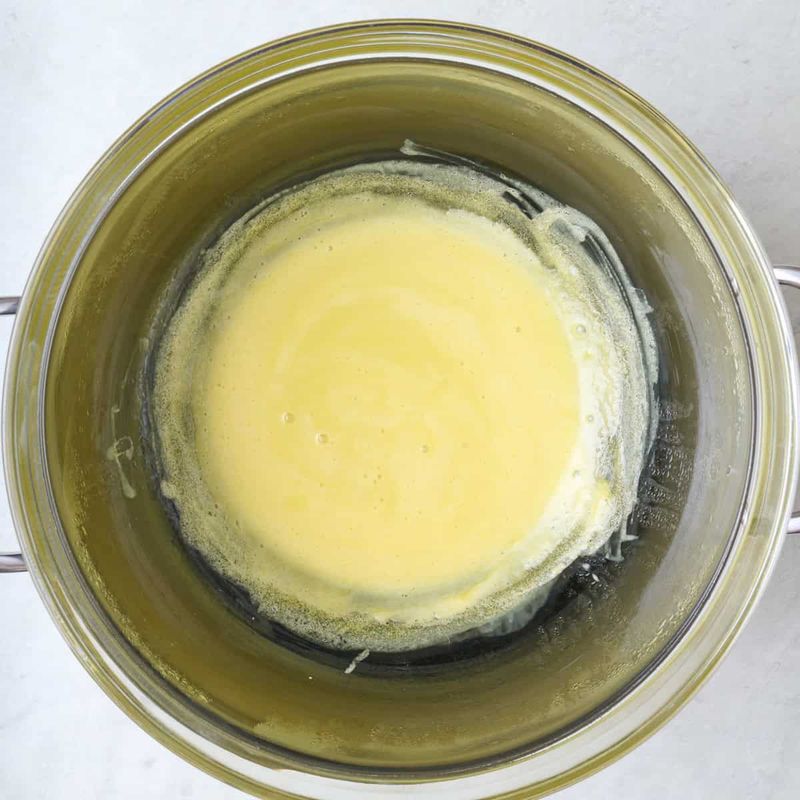
That velvety, buttery hollandaise sauce from brunch? A bacterial time bomb! Made with raw egg yolks and kept warm, it’s practically a petri dish experiment waiting to happen.
Restaurants discard hollandaise after just a few hours for good reason. The combination of protein, moisture, and warmth creates perfect conditions for bacterial growth. Homemade hollandaise should never see tomorrow’s light!
13. Ground Meats
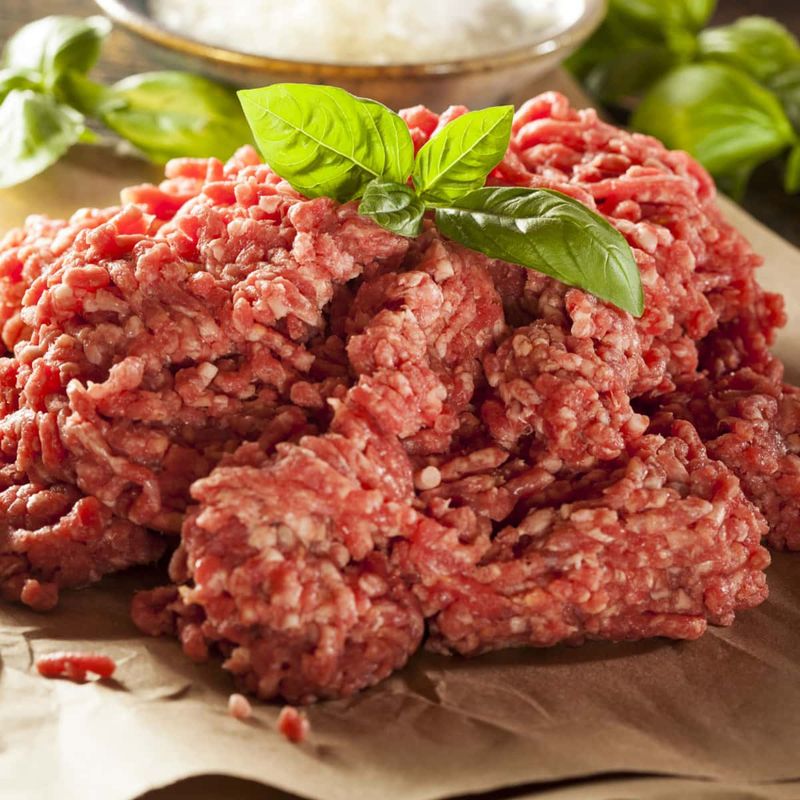
Ground beef sitting in your fridge since yesterday? Think twice before making those burgers! The grinding process increases surface area exponentially, exposing more meat to oxygen and bacteria.
Unlike whole cuts, ground meats spoil rapidly from the inside out. That slightly greyish color and strange smell? Nature’s warning system at work! Always cook or freeze ground meats within 24 hours of purchase.
14. Homemade Garlic Oil
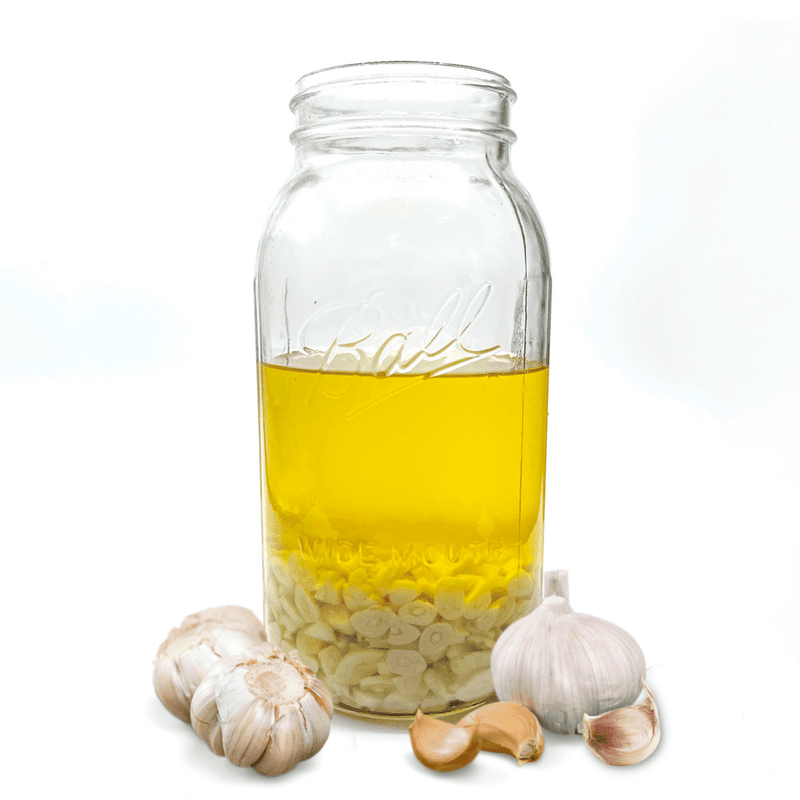
DIY garlic-infused olive oil sounds gourmet until botulism enters the chat! This deadly bacteria thrives in oxygen-free environments like oil.
Garlic contains botulism spores that activate when submerged in oil at room temperature. The scariest part? No visible signs warn you of the danger. Commercial versions contain preservatives for safety, but homemade versions need refrigeration and quick use!
15. Cooked Pasta
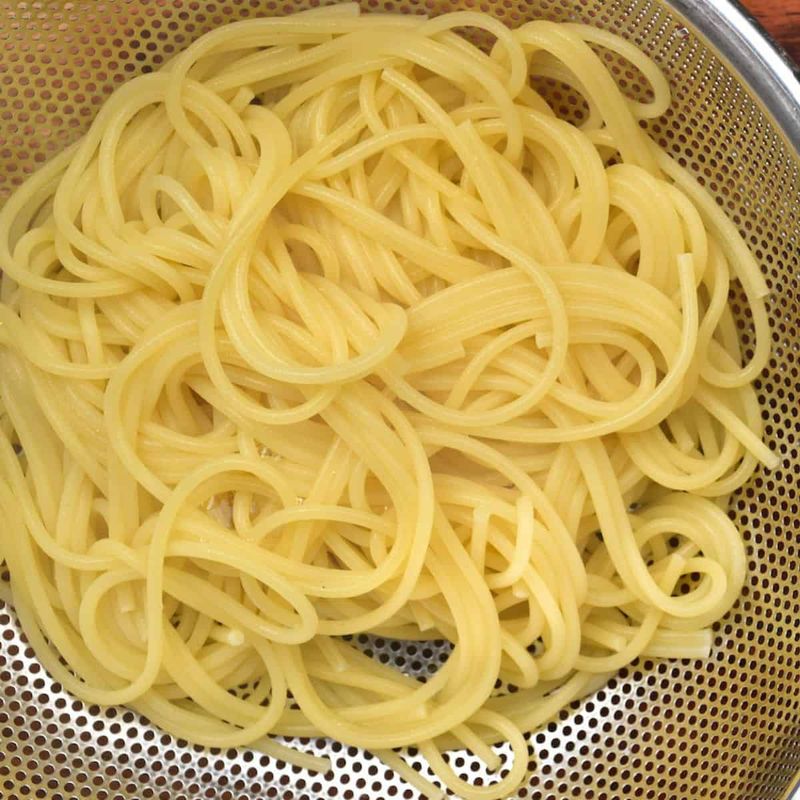
Last night’s spaghetti might look innocent enough, but bacteria are having a field day! Starchy, moist cooked pasta creates an ideal environment for microbial growth.
Though less risky than some foods on this list, pasta still deteriorates quickly. After a day in the fridge, it often develops off-flavors and slimy texture. Want to avoid pasta disappointment? Consume those leftovers promptly!
16. Peeled Or Cut Potatoes
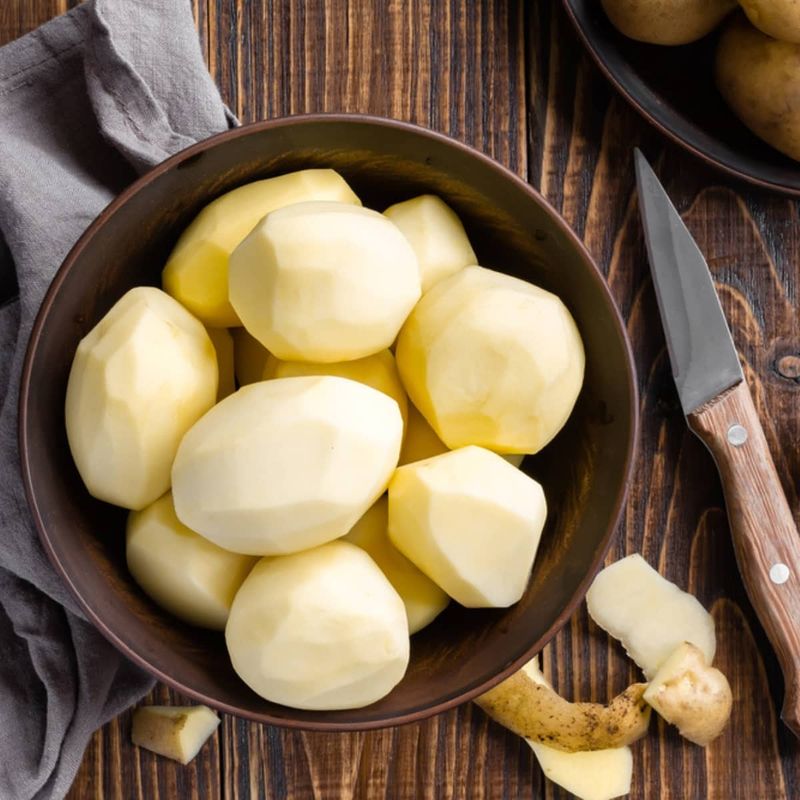
Prepped those spuds for tomorrow’s dinner? Big mistake! Once peeled or cut, potatoes oxidize rapidly, turning an unappetizing gray-brown color within hours.
Beyond the visual turnoff, exposed potato surfaces become breeding grounds for bacteria. That slimy texture and strange smell after a day? Clear indicators of spoilage. Keep potatoes whole until needed, or submerge cut pieces in cold water temporarily.
17. Reconstituted Baby Formula
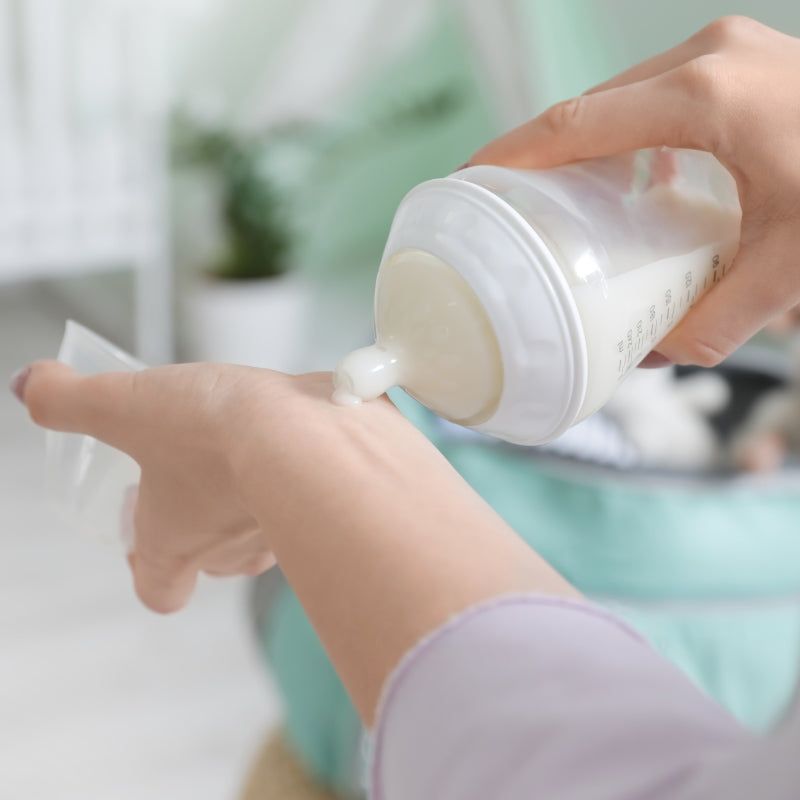
Attention, sleep-deprived parents! That bottle of formula you mixed hours ago could be dangerous for your little one. Once water hits powdered formula, bacterial growth begins immediately. Though not technically ‘spoiled’ in appearance, bacteria multiply rapidly in prepared formula.
The CDC advises discarding formula left at room temperature after one hour, or refrigerated formula after 24 hours. Never risk your baby’s health!
18. Sushi With Raw Fish

That fancy spicy tuna roll has a shockingly short shelf life! Raw fish deteriorates rapidly once prepared, even under refrigeration.
Professional sushi chefs would never serve day-old sushi with raw fish. The delicate flavors degrade within hours, while bacteria multiply to potentially dangerous levels. Leftover sushi for breakfast? Hard pass! Enjoy this delicacy fresh or not at all.

